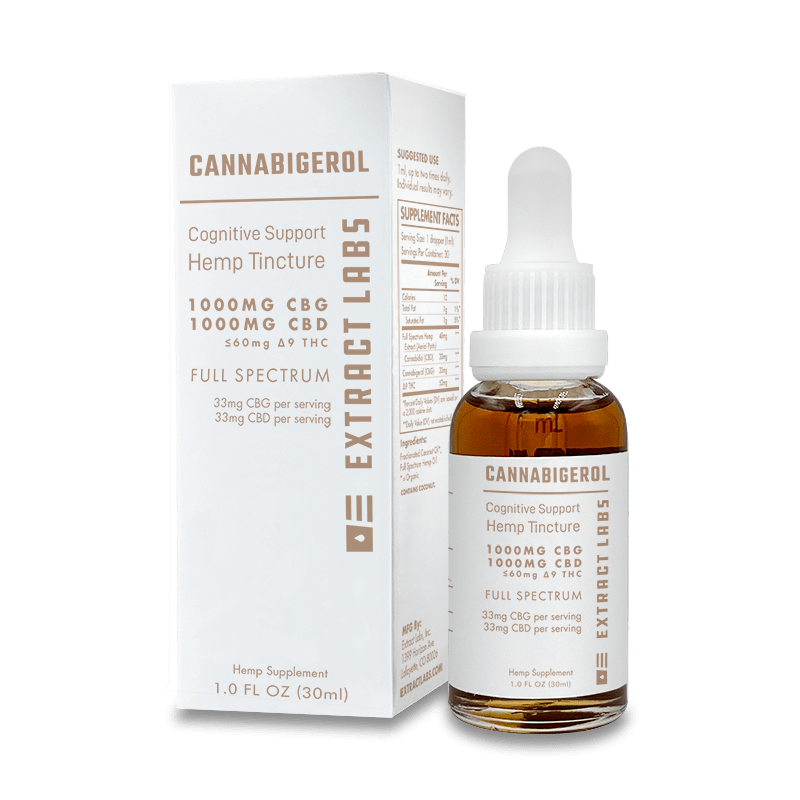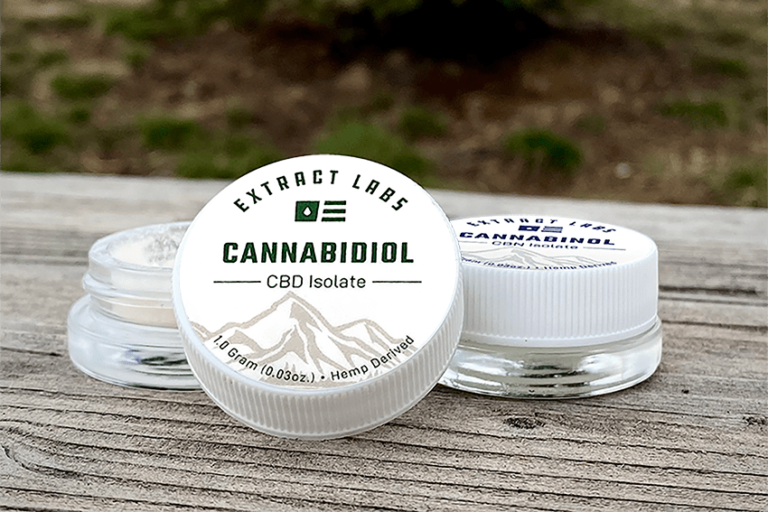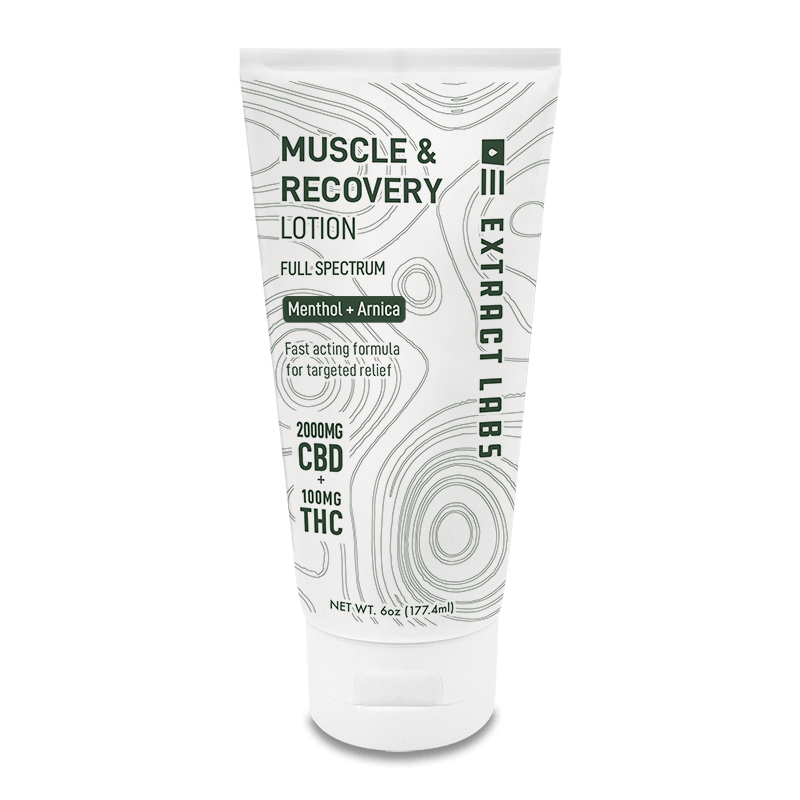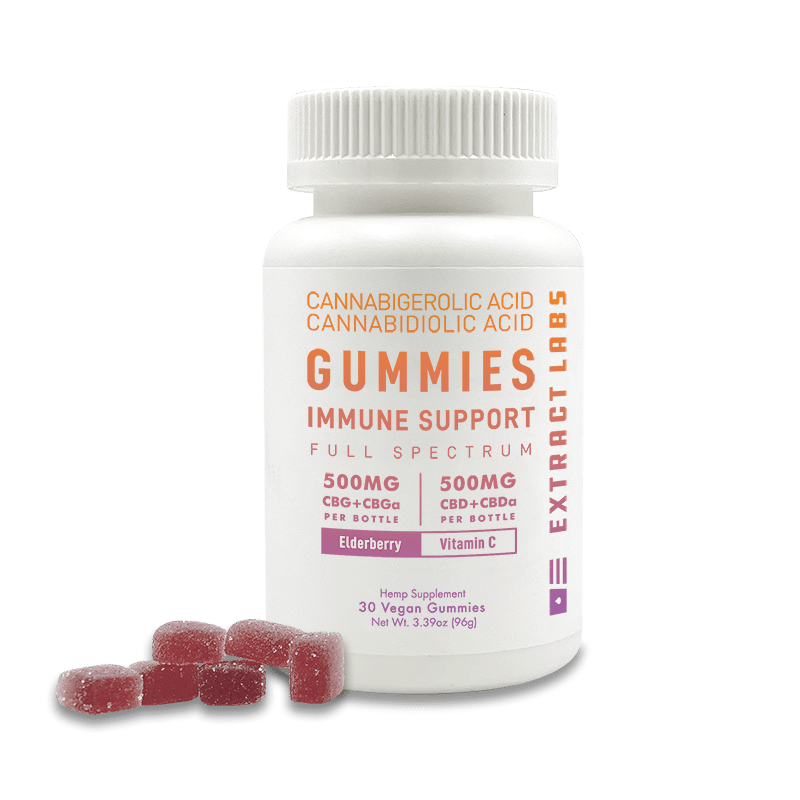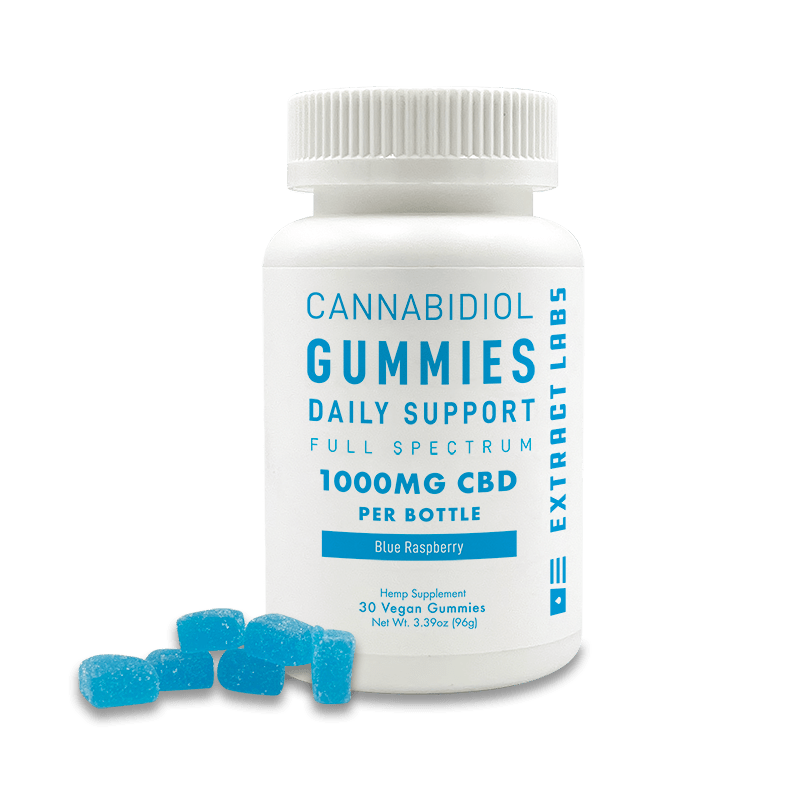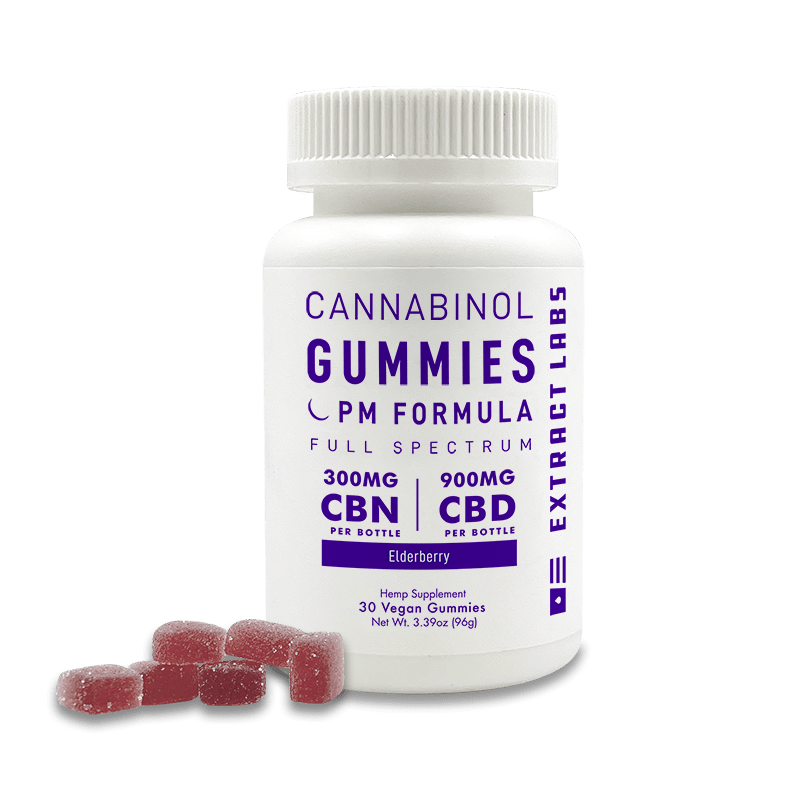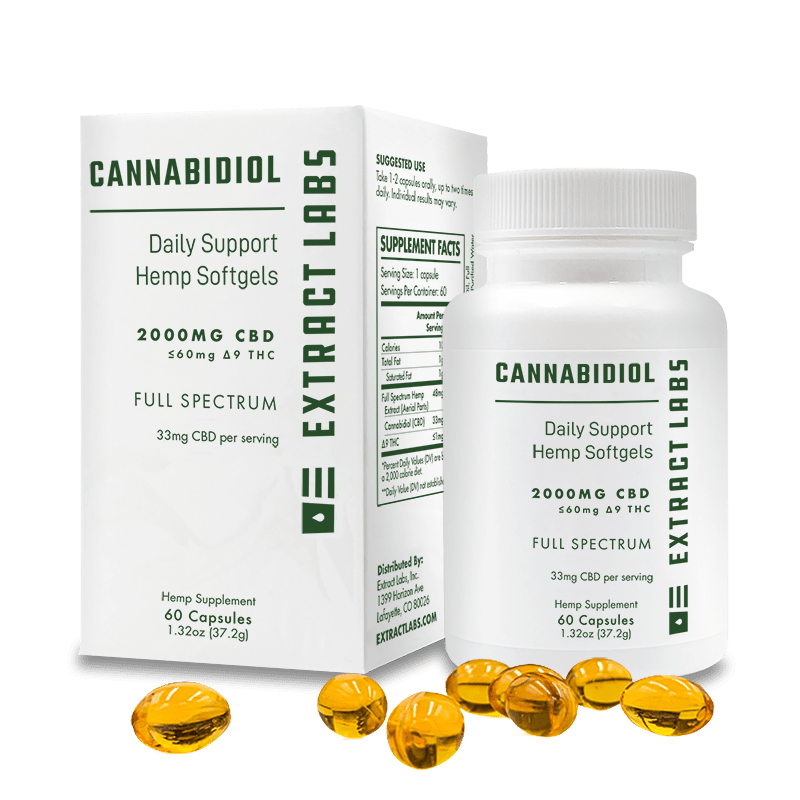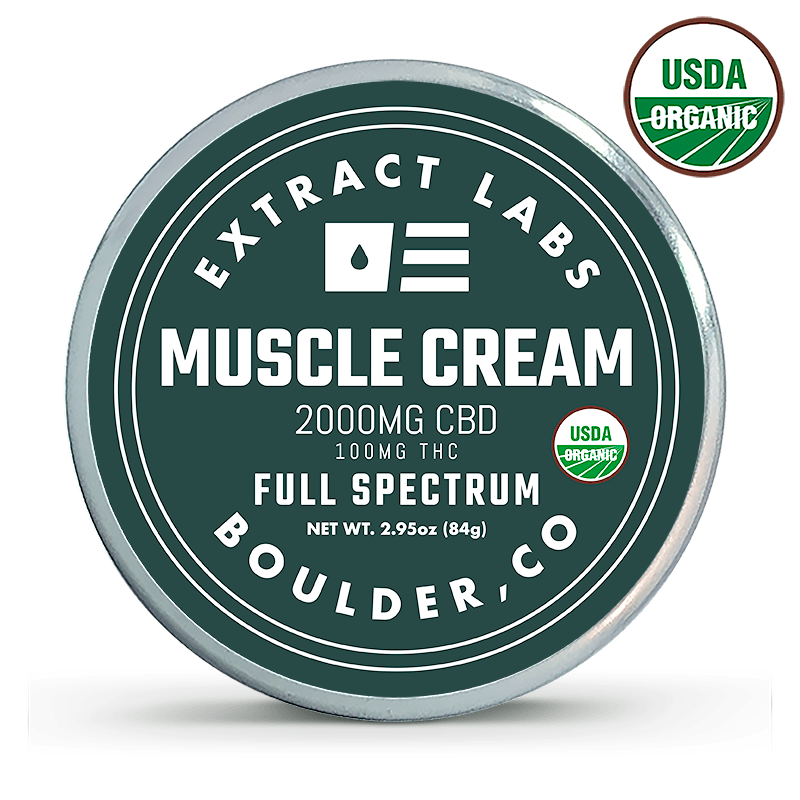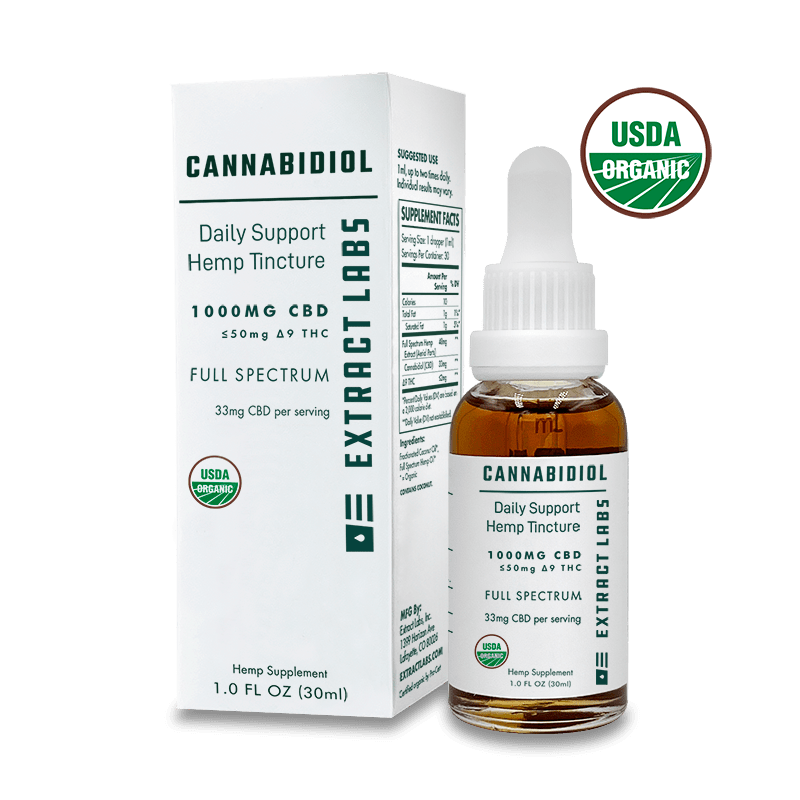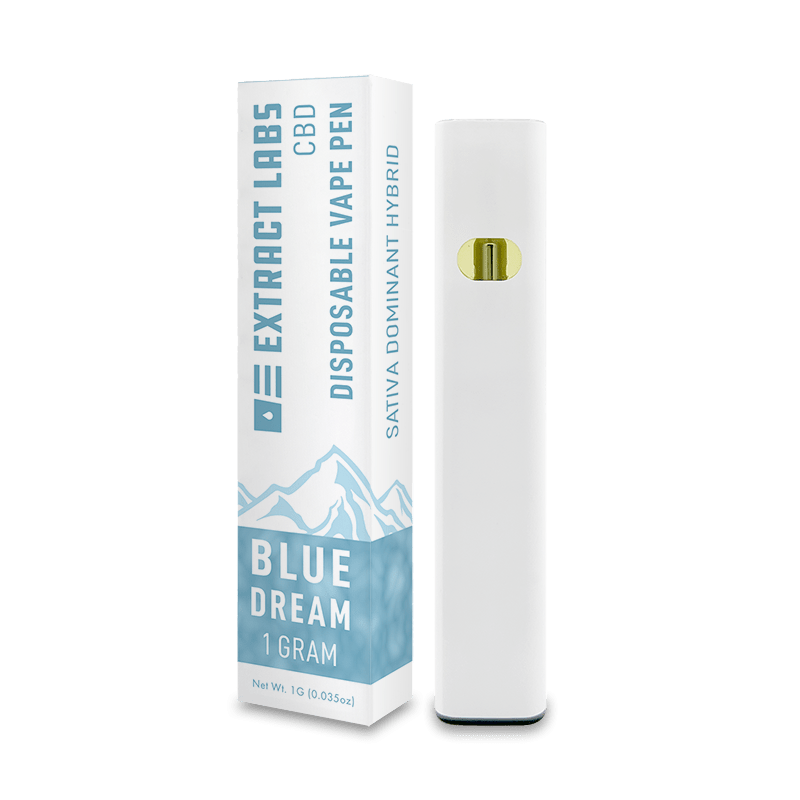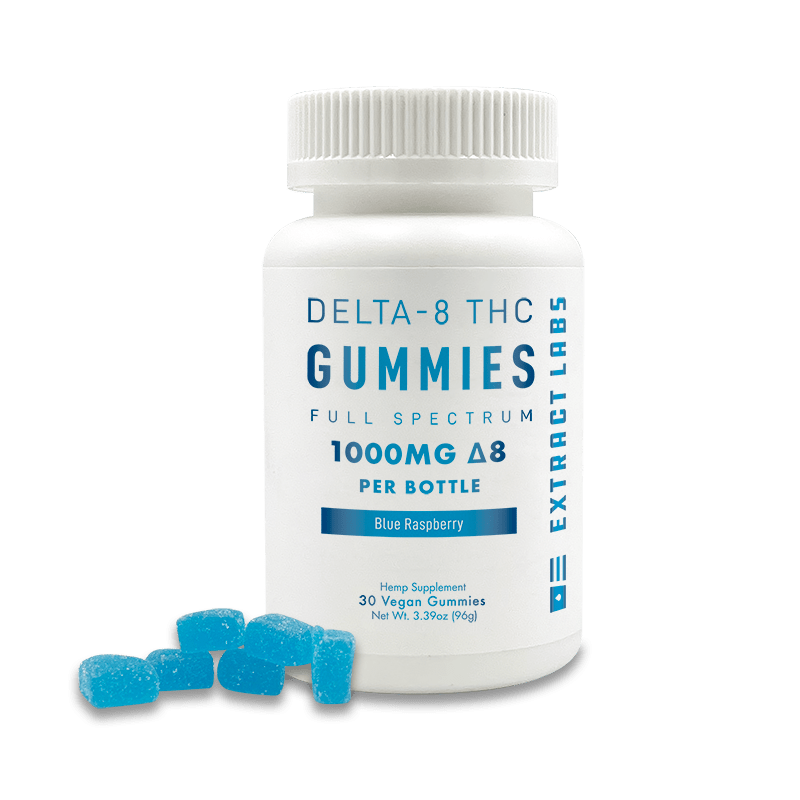CBG, cannabigerol, may be a good natural alternative to Adderall. This is due to CBG promoting focus, soothing tension, and relieving stress.
CBD has not been fully researched to show if it interacts with Adderall.
Oils: Try 10-20mg of CBG
Gummy: Try 1 gummy, up to twice/day
Capsule: 1 capsules, up to twice/day
Full Spectrum refers to the cannabinoid profile and terpenes in CBG products. Many users report that CBG benefits are more apparent when using a Full Spectrum CBG product. This can potentially be attributed to the phenomenon known as the entourage effect, or the occurrence of all plant compounds working synergistically together in the body.
The Endocannabinoid system helps play a role in regulating concentration/focus for the body. Research indicates that CBG positively interacts with the ECS to enhance overall focus.
- Lack of long-term studies and safety data
- Variability in quality and potency of CBG products
- Potential interactions with other medications
Attention deficit hyperactivity disorder (ADHD) is a wild ride, and finding the right medication to tame it can feel like a never-ending search for the Holy Grail. But what if we told you that there’s a new kid in town that might just be the answer to all your ADHD-taming prayers?
Cannabigerol (CBG), the cool, calm, and collected cousin of THC. Now, we know what you’re thinking, “CBG? Like, marijuana CBG?” Before you start rolling your eyes, let us assure you that CBG is not like its more infamous relative. Unlike THC, CBG doesn’t have psychoactive properties and is being researched as a potential alternative to Adderall (1).
With Adderall shortages becoming more frequent, and concerns about the quality of ADHD medications on the rise, it’s no wonder that people are looking for alternative options. In this blog, we’ll take a closer look at CBG and Adderall, compare their chemical structures, wellness benefits, what is being researched, and see if CBG really has what it takes to be an alternative to Adderall.
What is Adderall?
Adderall, ah Adderall. The little pill that’s taken the world of ADHD treatment by storm. It’s a stimulant medication that helps people with ADHD focus, concentrate, and get things done. But, like any superhero, it also has its kryptonite. Side effects such as decreased appetite, sleep problems, and jitters can leave Adderall users feeling like they’re on a never-ending rollercoaster ride.
What is CBG?
Enter CBG, the calm and collected alternative to Adderall. CBG is a minor cannabinoid found in the cannabis plant and is believed to have a range of potential wellness uses, including promoting hunger, soothing discomfort and tension, and relieving stress. Unlike Adderall, CBG doesn’t have the side effects associated with traditional stimulants, making it a promising alternative for those looking to manage their focus without relying on traditional stimulant medications. So, while Adderall might be the superhero of ADHD treatment, CBG is the sidekick that’s always there to help, without all the drama.

Comparing CBG and Adderall
Comparing CBG and Adderall is like comparing apples and oranges, but bear with us, there are some interesting similarities and differences worth exploring. Let’s start with the basics.
Chemical Structure and Mechanism of Action: Adderall is a combination of two stimulant drugs, amphetamine and dextroamphetamine, that work by increasing the levels of dopamine and norepinephrine in the brain.
CBG is a non-psychoactive cannabinoid that works by interacting with the endocannabinoid system.
Potential Therapeutic Benefits and Side Effects: Adderall is primarily used to treat ADHD, but it can also be used to treat narcolepsy and depression. Common side effects include decreased appetite, sleep problems, jitters, and increased heart rate.
CBG, on the other hand, is believed to have a range of potential wellness uses, including promoting hunger, soothing tension, and relieving stress. Unlike Adderall, CBG does not have the side effects associated with traditional stimulants.
Legal Status and Availability: Adderall is a controlled substance and requires a prescription from a licensed healthcare provider.
CBG is legal in some states, but its legal status can vary depending on the state and the source of the CBG. CBG products can be found in a variety of forms, including oil tinctures, capsules, and topical creams, but their quality and potency can vary widely.
So there you have it, a quick comparison of CBG and Adderall. While they both have their unique strengths and weaknesses, CBG could be a potential alternative for those looking to manage their focus without relying on traditional stimulant medications.
Featured Formula
Cognitive Support
Restore balance and add CBG to your wellness routine with our Cognitive Support line.
-
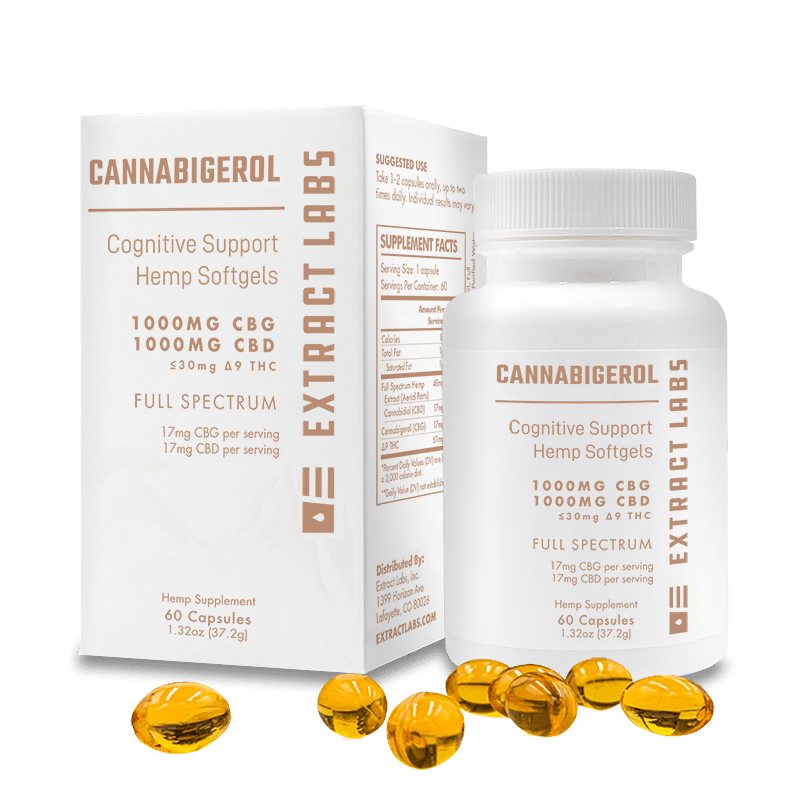 Quick ViewAdd to cart
Quick ViewAdd to cart -
CBD Oil
CBG Oil | Cognitive Support
$89.99Original price was: $89.99.$74.99Current price is: $74.99.
Current Research on CBG as a Replacement for Adderall
Current research on CBG as a replacement for Adderall is still in its infancy, but they’re being researched if CBG could be a promising alternative for those looking to manage their ADHD symptoms.
One study on mice researched if CBG was able to increase the levels of dopamine and norepinephrine, similar to the mechanism of action of Adderall. (2)
Another study researched if nano-processed CBG/CBD products improved symptoms of ADHD, chronic fatigue, and irritable bowel syndrome (IBS). The study researched if the product relieved discomfort. The product was also found to decrease fatigue, improve energy and thinking, improve attention levels, and potentially have a positive effect on stress, calmness, and sleep. (3)
The study researched if phytocannabinoids such as CBC, CBN, THC, and CBG can activate anandamide receptors, increasing dopamine concentrations in the process. The study researched if full spectrum CBG oil, which includes these phytocannabinoids, has higher therapeutic potential compared to isolated CBG. The study also mentions that a variety of pharmaceuticals are available in transdermal patch form, which can be used to boost the bioavailability of nutraceuticals. (1)
The current research on CBG as a replacement for Adderall is limited and more studies are needed to fully understand its potential. Limitations include the small sample size of the studies, the lack of long-term studies, and the variability in the quality and potency of CBG products. Additionally, there is a lack of safety data on the use of CBG, especially in combination with other medications. It’s clear that more research is needed to determine the safety and efficacy of CBG as a replacement for Adderall.

Potential Drawbacks and Concerns with Using CBG as a Replacement for Adderall
While CBG is being researched as a potential alternative to Adderall, there are also potential drawbacks and concerns to consider before using it as a replacement.
Lack of Long-Term Studies and Safety Data: One of the biggest concerns with using CBG as a replacement for Adderall is the lack of long-term studies and safety data. CBG is a relatively new compound and more research is needed to determine its long-term safety and efficacy. Until then, it’s important to use caution when using CBG and to consult with a licensed healthcare provider before starting any new medication or supplement.
Variability in Quality and Potency of CBG Products: Another concern with using CBG is the variability in quality and potency of CBG products. CBG products can be found in a variety of forms, including oil tinctures, capsules, and topical creams, but their quality and potency can vary widely. It’s important to choose a reputable source and to carefully read the label to ensure that you are getting a high-quality product.
Potential Interactions with Other Medications: Finally, there is a concern about potential interactions between CBG and other medications. CBG may interact with other medications, so it’s important to consult with a licensed healthcare provider before starting any new medication or supplement, especially if you are taking other medications.
Conclusion
From covering the basics of Adderall and CBG, to the current research and potential drawbacks of using full spectrum CBG oil as a replacement for Adderall, what else have we learned?
- Adderall is a stimulant medication commonly used to treat ADHD, but it has some side effects.
- CBG is a minor cannabinoid found in the cannabis plant that has a range of potential therapeutic uses.
- CBG is being researched as a potential alternative to Adderall, but more research is needed.(3)
- CBG products can vary in quality and potency, so it’s important to choose a reputable source, such as Extract Labs. Our CBD products are all 3rd party tested, including COA’s, and there is always transparency to you.
- CBG may interact with other medications, so it’s important to consult with a licensed healthcare provider before starting any new medication or supplement.
So, what are our final thoughts on the potential of CBG for Adderall? More research is needed to determine its long-term safety and efficacy. CBG has the potential to be a safe and effective alternative to Adderall for those looking to manage their ADHD symptoms without relying on traditional stimulant medications, but caution is advised until more research is done.
CBD Guides | More About Full Spectrum CBG
What is CBG? | Benefits, Uses, and The Power of Full Spectrum CBG Oil
Works Cited
1. Dawson, David A., and Clare P. Persad. “Targeting the Endocannabinoid System in the Treatment of ADHD.” Wikipedia, 2021, https://www.researchgate.net/profile/David-A-Dawson-3/publication/350655839_Targeting_the_Endocannabinoid_System_in_the_Treatment_of_ADHD/links/6348060dff870c55ce215ddf/Targeting-the-Endocannabinoid-System-in-the-Treatment-of-ADHD.pdf. Accessed 20 February 2023.
2. Di Giacomo, Viviana, et al. “Neuroprotective and Neuromodulatory Effects Induced by Cannabidiol and Cannabigerol in Rat Hypo-E22 cells and Isolated Hypothalamus.” NCBI, 13 January 2020, https://www.ncbi.nlm.nih.gov/pmc/articles/PMC7022242/. Accessed 20 February 2023.
3. Kaufmann, Robert. “Nano-processed CBG/CBD effect on pain, adult attention deficit hyperactive disorder, irritable bowel syndrome and chronic fatigu.” MedCrave, 2 November 2021, https://medcraveonline.com/IJCAM/IJCAM-14-00567.pdf. Accessed 20 February 2023.

